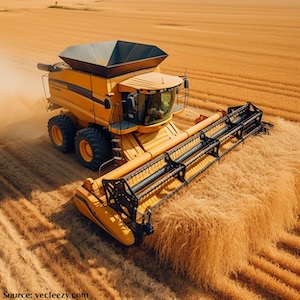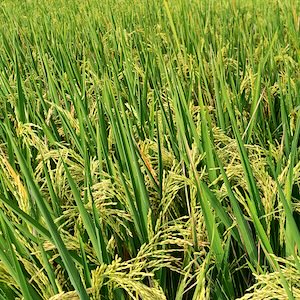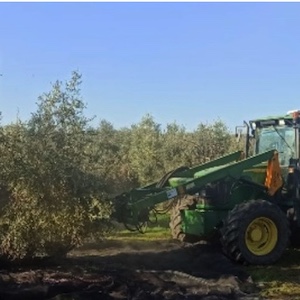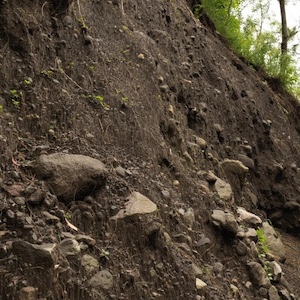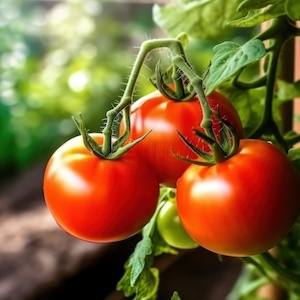Development and evaluation of biomass-based alternative charcoal
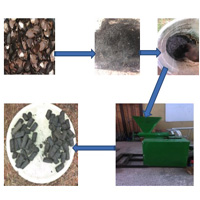
All claims expressed in this article are solely those of the authors and do not necessarily represent those of their affiliated organizations, or those of the publisher, the editors and the reviewers. Any product that may be evaluated in this article or claim that may be made by its manufacturer is not guaranteed or endorsed by the publisher.
Authors
Environmental issues resulting from production and application of wood charcoal can be addressed by using biomass briquettes as alternative. This research was undertaken to develop and evaluate briquette from jatropha, groundnut and melon seed residues. Samples of the briquette were formed from mixtures of 0.32-0.39 kg carbonised residues, 0.30-0.40 kg starch and 0.02- 0.04 kg water. Physical and mechanical properties of the briquette samples including calorific value, bulk density and breaking force were determined using standard methods. Box-Bekhen Design Methodology was used to determine the optimum briquette blend. The results showed that the optimal briquette blend gave values of 4711.87 kcal.kg–1 calorific value, 282.59 kg m–3 bulk density and 1.36 kN breaking force, with a desirability index of 61.5%. A comparative analysis of the properties of the optimal briquette with that of a wood charcoal indicates no significant difference (P<0.05). This implies that the briquette can serve as an alternative energy source for cooking in rural communities.







